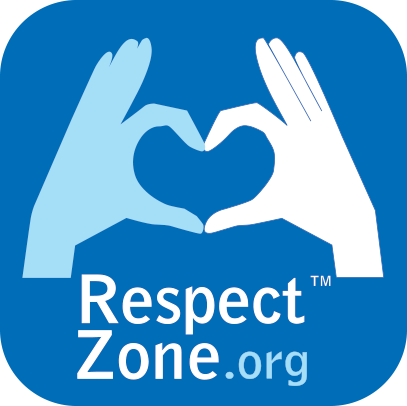Article
| 4- "Dangerous games" of primary school keystage 2 pupils: an inventory in the service of a policy of awareness and prevention of the risks before secondary school by
- Mickaël Vigne, Laboratoire RECIFES (EA 4520), ESPE/Lille Nord de France
|
| "Dangerous games" is, according to the many regional and national headlines, a phenomenon on the rise. However, no sociological surveys have been conducted on this topic. This article proposes a first quantitative and comparative approach about the knowledge and practice of these "games" played by the young between 6 and 15 years old. After the presentation of the different kinds of practice and some terminology questioning on the expression itself, we propose a reflection on these quite unusual physical practices. For example, can these "games" be the reflexion of an anxiety-provoking society? And this question leads to another reflection on our young pupils’awareness. Indeed, does awareness represent a risk of initiatory practice or does it really allow to limit potential risks? |
Keywords : Sensibilisation, « jeux dangereux », jeu du foulard, violence, école, jeux d’apnée, awareness, "dangerous games", « jeu du foulard » (choking game), violence, school, apnea games..
To downloand the full paper, click here : PDF |
Bibliography
Read also
> 0- Contents
> 1- Editorial - OSER L’AUTRE : un défi pour une école bienveillante ?
> 2- Des filles pires que les garçons? Répartition sexuée des faits de violence et des réponses institutionnelles
> 3- The secular school and ethnic discrimination. School textbooks and Islam.
> 5- Logiques de justice et violences dans les cours de récréation à l'école élémentaire : une étude des désaccords enfantins.
> 6- Des pratiques artistiques pour se rencontrer et coéduquer. Théâtre et danse : vers un « mieux-vivre » en milieu éducatif ?
> 7- Student retention in Québec: school-related determinants according to young people 10 to 17 years of age.
> 8- Le travail éducatif/pédagogique dans un collège français : l’accompagnement de l’évolution des pratiques
> 9- Elèves déconcertants et rencontres difficiles : Partenaire, le médecin scolaire ?
<< Back


